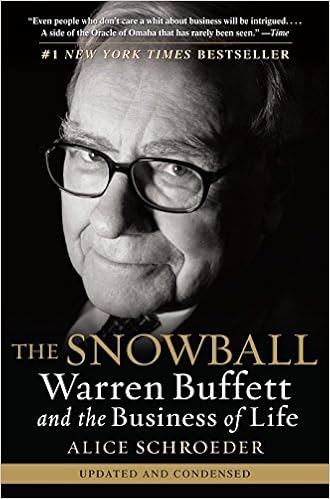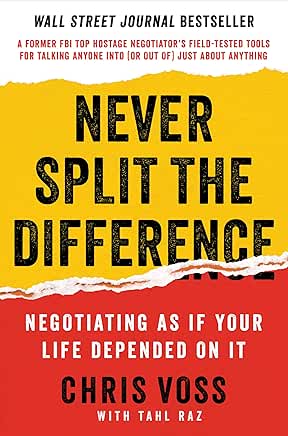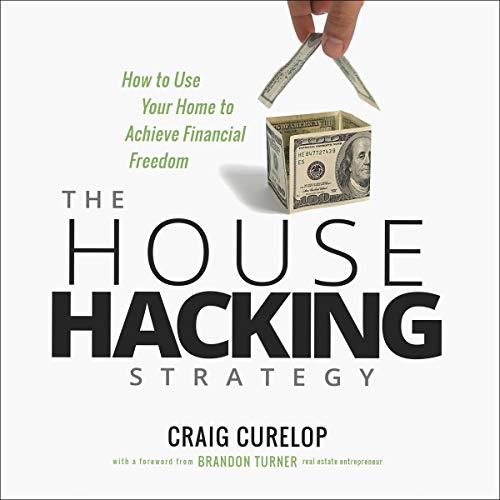Rent/Buy ratio
Rent / Buy ratio is one of the first thing you should look at when evaluating the market or a specific property if it's worth buying or better keep renting. It is also the primary indicator if a house is a good investment for renting out.
Calculation
The calculation is really simple:
- First you take the monthly rent price and multiple by twelve
- Then you divide this number by the buy price
- Multiply by 100 to get the percentage
Example
Let's say you have an apartment which is listed for 365 000 and you a very similar in the same building up for rent for 2000.
yearly rent = 2000 * 12 = 24000
yearly rent / buy price = 24000 / 365000 = 0,065753425
ratio * 100 = 6.58 %
There you have your rent to buy ratio at 6.58%
Interpreting the results
Buying for personal use
Rule of thumb: above 5% is worth buying
Generally said the average threshold is somewhere around 5%. Below that it's more likely to be
beneficial to rent in the long term while if this number is above 5% it's probably worth buying
the house.
This number comes from the little simplified notion of non-recoverable costs of buying
- Cost of equity 3%
- Maintenance and property tax 2% [1-2]
Cost of equity
The simple calculation of equity consists of two different parts:
Cost of dept is the interest you pay for the bank which on average is around 3%. Most mortgage is taken with 10% to 20% down payment so this attributes to 80%-90% of the quity cost.
Cost of lost opportunity is the missed yield of a possibly faster growing investment. Average house price appreciation worldwide is around 3-4% while even with a relatively conservative investment portfolio you can gain anywhere between 6-10% [3]. The difference between the two is the lost opportunity which is applicable to the down payment (10%-20%) of the total cost. Let's average this to 4%.
80% * 3% + 20% * 4% = 3.2%
So our 3% estimate stands correct. :)
Total non-recoverable cost
To summarise the total unrecoverable cost of buying is in the ballpark of 5%. If you're rent is under this threshold. You can actually spend less to live in the house than if you would if you own the house
Warning
It's important to mention that this is just the rule of thumb. The closer you're to this number it's more crucial to check the actual numbers because interest rates and property tax can throw this threshold off by quite a big margin. Depending on the country and your credit score this number may be closer to 4% (given low interest rates) or can climb as high as 6% if rates are not too favourable or the property tax in your area is unusually high.
Buying for investment
Rule of thumb: above 8-9% is worth investing into
The other ways to interpret this number is to see:
- What is the yield of your investment?
- How long would it take for the investment to pay for itself?
Both question leads to the same indication of yearly return.
Example
Given our earlier example with an apartment costs 365000 that you intend to rent out for 2000 / month. As we see the ratio is 6.58% and depends on which version is closer to your thinking your can say:
- I'll receive 6.58% return yearly on my investment of 365000
- It takes about 15 years for my investment to pay for itself and then it brings money [4]
You need to keep in mind that this return is without any cost that occur like the maintenance and property tax costs which means your net investment yield is around closer 4-4.5% however given your capital also appreciates at an average rate of 3% the overall gain per year is 7-7.5% which is not bad for a relatively safe long term investment.
Stocks vs Real-estate
You can compare that to stocks. S&P 500 grows historically with the rate of 9.8% and it has a dividend yield of 1.90%. The yearly increase of the stock price is similar to the capital appreciation of the real-estate and the dividend yield can be compared to the rent pay.
| -- | S&P 500 | Real-estate |
|---|---|---|
| Growth | 9.8% | ~3% |
| Fixed income | 1.9% | use our calculator ;) |
Overall real-estate is considered to be a good investment if the rent to buy ratio is above 8-9%. Which looking at the table above comes with an easy calculation.
Total yield of S&P 500: 11.7% Total yield of real-estate: 3% + ratio -2%
With a ratio of 9% you get pretty close to an equity portfolio with much less potential risk.
[1] Maintenance is estimated to be 1% of the cost of the house per year
[2] Property tax is generally between 0.2% and 1% depending on your area
[3] Historical return of S&P 500 is 9.8%
[4] 100 / 6.58 = 15.2, so roughly 15 years



